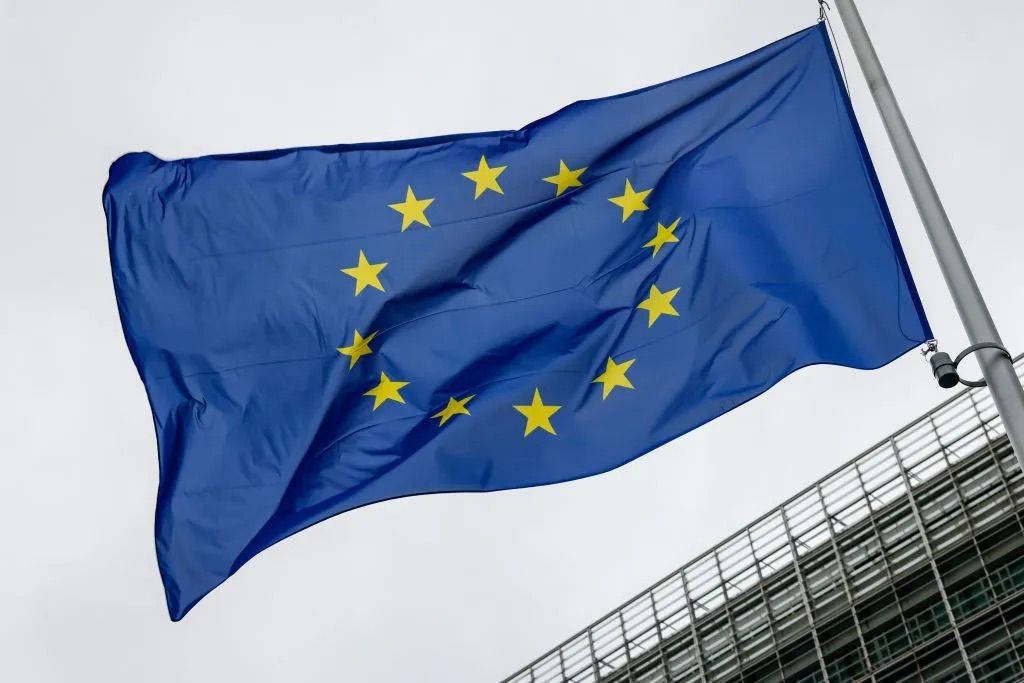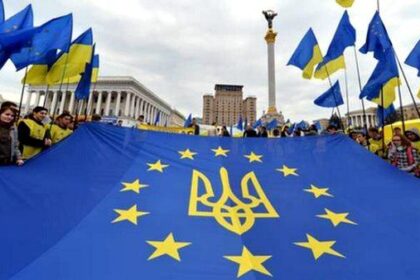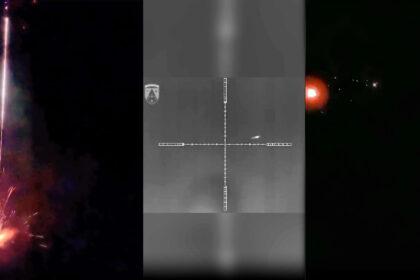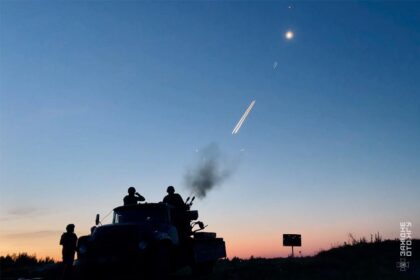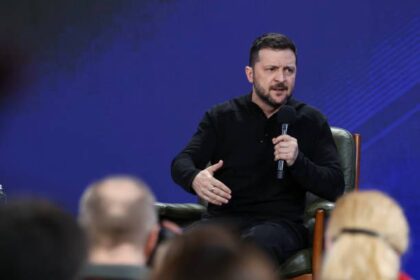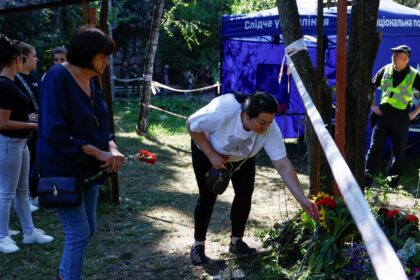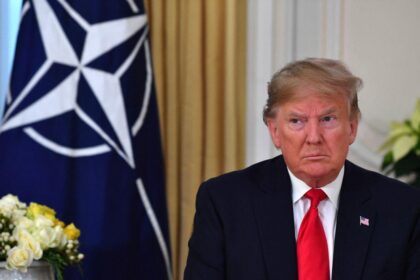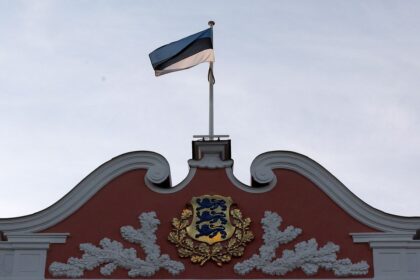**EU Takes Aim at Russian and Belarusian Fertilizers**
The European Parliament has made a bold move to reduce the EU’s dependence on fertilizers from Russia and Belarus. On May 22, they approved increased tariffs on these products, which will effectively stop trade over three years. The new tariffs target nitrogen fertilizers, with duties rising from 6.5% to around 100%. Additionally, an extra 50% duty will be applied to agricultural goods from the two allied countries.
**Aiming to Cut EU Dependence**
The new tariffs are aimed at products that were previously duty-free, worth a staggering €380 million ($429 million). These include meat, dairy, fruits, and vegetables. By targeting these remaining 15% of agricultural imports from Russia, the EU hopes to significantly reduce its dependence on Russian fertilizers.
**Cutting Revenue for Russia’s War Efforts**
The revenue generated from selling Russian and Belarusian fertilizers is seen as a direct contribution to Moscow’s ongoing war against Ukraine. Inese Vaidere, a Latvian Member of the European Parliament, stated that the new tariffs will help prevent Russia from using the EU market to finance its war machine.
**EU Food Security at Risk**
The EU Commission has expressed concerns that the bloc is economically dependent on Russia, particularly when it comes to fertilizer imports. With imports of urea and nitrogen-based fertilizers already high in 2023 and rising further in 2024, this trend could threaten the EU’s food security. The new tariffs are an attempt to break this dependence and make the EU less vulnerable to pressure from Russia.
**Russia’s Response**
The Kremlin has responded by claiming that steep tariffs on Russian nitrogen fertilizers will lead to higher costs and lower quality for the European Union. However, it remains to be seen how effective this move will be in reducing the EU’s dependence on Russian fertilizers.
Read More @ kyivindependent.com




